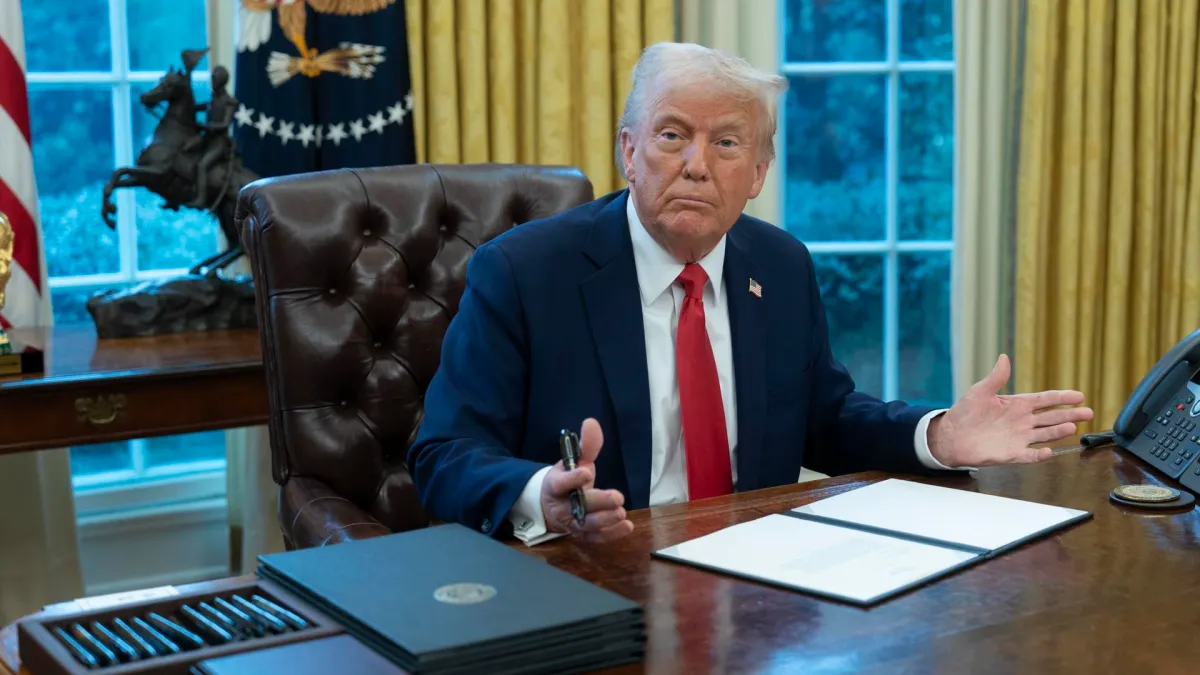China Strikes Back With Tariffs on U.S., North American Trade War On Pause

As of Monday evening, President Trump announced a temporary pause on tariffs against Canada and Mexico, following discussions with Mexican President Claudia Sheinbaum and Canadian Prime Minister Justin Trudeau. The U.S. tariffs, originally set to be implemented on February 4, have been postponed for at least 30 days to allow for further negotiations.
Tariff Suspension with Mexico
The tariff pause with Mexico involves a complex negotiation entailing Mexico deploying 10,000 soldiers to the U.S.-Mexico border to address fentanyl trafficking and illegal migration. In return, the U.S. will delay imposing tariffs on Mexican goods, during a one-month negotiation period spearheaded by U.S. Secretary of State Marco Rubio, among other officials. Additionally, efforts to curtail the illegal flow of firearms into Mexico will be bolstered, signifying a reciprocal agreement touted as mutually beneficial by both nations.
U.S.-Canada Tariff Freeze
Meanwhile, Prime Minister Trudeau and President Trump have agreed to a 30-day suspension of tariffs in pursuit of a broader economic deal. Canada has committed $1.3 billion to enhance border security and measures to combat fentanyl trafficking, showcasing a cooperative stance with U.S. law enforcement.
China's Retaliatory Tariffs
Despite the North American deals, tensions with China surfaced as the U.S. imposed additional 10% tariffs on Chinese goods, prompting China to retaliate with tariffs of 10-15% on U.S. imports such as coal and natural gas. The Chinese government also introduced export controls on vital minerals and launched an anti-monopoly investigation into Google, reflecting the deepening trade discord.
Future Trade Speculations
President Trump has also shifted attention towards the European Union, critiquing their trade practices revolving around autos and agriculture, a move which could potentially escalate transatlantic trade tensions.









